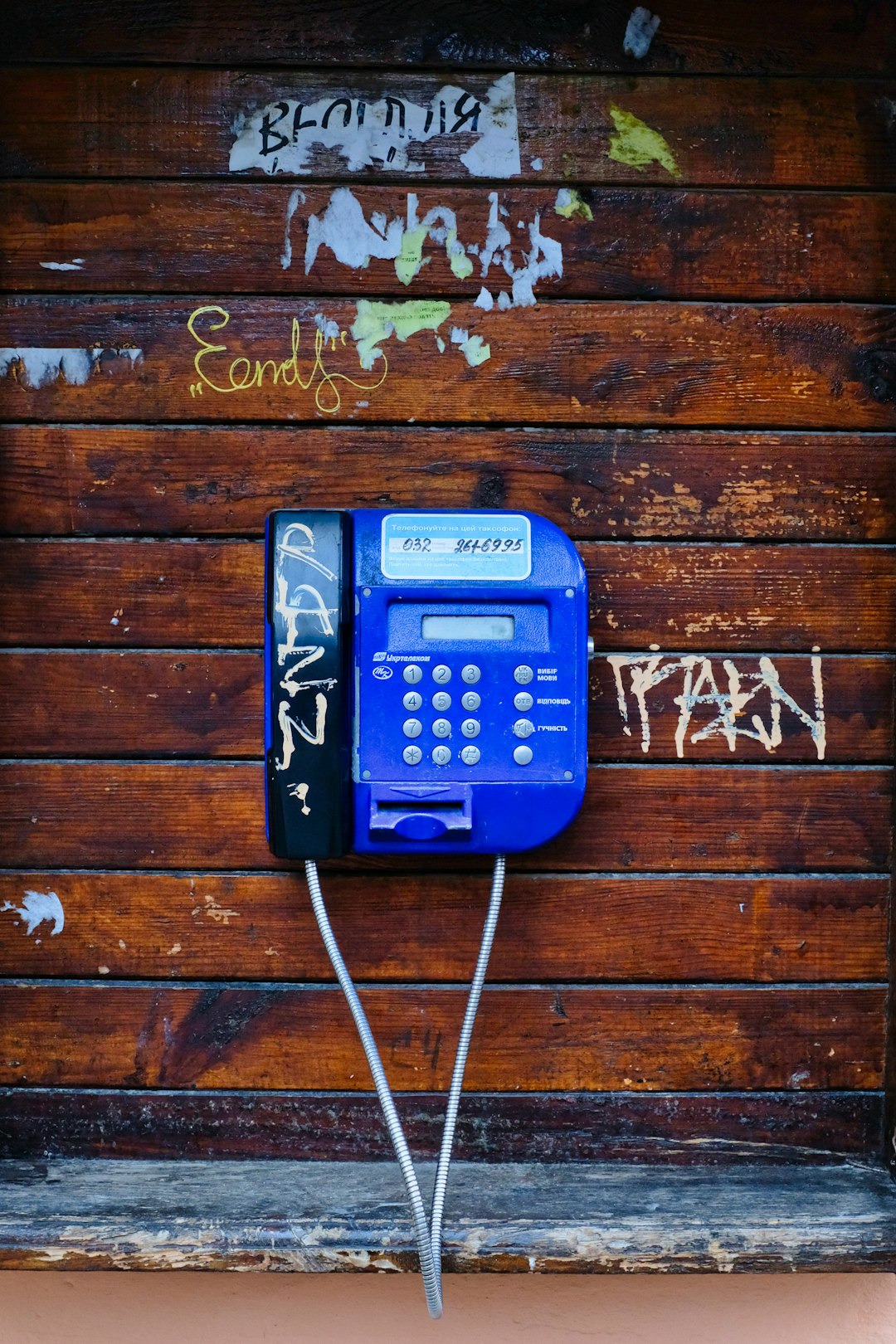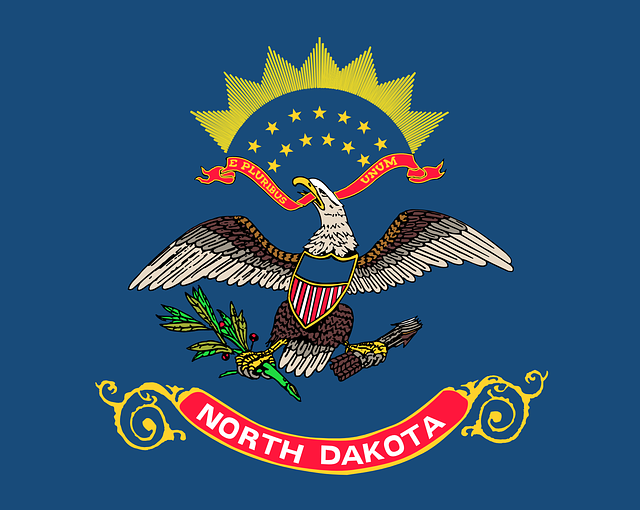In Grand Forks, North Dakota, telemarketing has become a distressing issue, prompting residents to seek help from unwanted call lawyers. The surge in robocalls and fraudulent practices has led to consumer complaints and the need for education on privacy rights. Legal professionals specialize in handling telemarketing-related cases, ensuring residents' voices are heard. By combining legal aid with consumer education, Grand Forks can reduce unwanted calls, fraud risks, and foster a culture of awareness, empowering citizens through knowledge and protection.
In today’s digital age, telemarketing has become a ubiquitous aspect of daily life in Grand Forks, but not all calls are welcome. The prevalence of unwanted sales and solicitation calls is a growing concern for North Dakota residents. This article delves into the importance of consumer education to combat this issue. We explore the impact of telemarketing on Grand Forks consumers, legal protections under North Dakota’s telemarketing laws, and effective strategies to handle and report unwanted calls, empowering residents with knowledge to become better protected against predatory practices. For those seeking legal recourse, an unwanted call lawyer in North Dakota can provide crucial guidance.
Understanding Telemarketing and Its Impact on Consumers in Grand Forks

Telemarketing, a practice that involves making sales or promoting products and services over the phone, has become increasingly prevalent in modern times, reaching even small cities like Grand Forks, North Dakota. While it can be an effective marketing strategy for businesses, it often causes distress among consumers due to the unwanted nature of such calls. Many residents find themselves delving into a labyrinth of persistent calls from various telemarketing companies, leaving them with little respite.
This issue has significant implications, prompting some Grand Forks citizens to seek legal counsel from an unwanted call lawyer North Dakota. With the rise in telemarketing, consumers are becoming more aware of their rights and are taking proactive measures to protect themselves from intrusive phone calls. Understanding the impact of telemarketing is crucial for both businesses aiming to conform to consumer preferences and residents seeking relief from excessive marketing efforts.
The Prevalence of Unwanted Calls: A Common Issue in North Dakota

In today’s digital era, unwanted calls have become a ubiquitous issue, particularly in North Dakota, where residents often find themselves overwhelmed by telemarketing messages. These unsolicited calls, commonly known as robocalls, are a significant nuisance and can lead to privacy invasion and fraud concerns. With just a few clicks, scammers can make thousands of phone calls, targeting vulnerable individuals across the state. Grand Forks, being no exception, has witnessed an increase in consumer complaints related to these intrusive and often deceptive telemarketing practices.
North Dakota residents, especially those seeking legal recourse for unwanted call issues, should be aware of their rights and options. An unwanted call lawyer in North Dakota can play a pivotal role in assisting individuals navigate the complexities of telemarketing laws and protect their privacy rights. These legal professionals are equipped to handle cases involving excessive or fraudulent calls, ensuring that consumers’ voices are heard and their interests protected.
Consumer Education as a Protective Measure: Empowering Residents

Consumer education plays a pivotal role in protecting residents from unwanted telemarketing calls, serving as an essential shield against potential scams and fraud. By empowering individuals with knowledge about their rights and available resources, communities in Grand Forks, North Dakota, can create a more robust defense mechanism. Educated consumers are better equipped to recognize suspicious calls, understand the tactics used by scammers, and know when to seek legal aid from an unwanted call lawyer.
This proactive approach fosters a culture of awareness, enabling residents to navigate the complex landscape of telemarketing with confidence. Armed with information about do-not-call lists, privacy laws, and consumer protection regulations, individuals can assert their rights and avoid becoming victims of deceptive practices. Through community outreach programs and accessible legal services, Grand Forks can ensure its citizens are prepared to handle unsolicited calls, ultimately reducing the likelihood of financial loss and emotional distress often associated with telemarketing scams.
Legal Aspects: What Every Resident Should Know About Telemarketing Laws

In Grand Forks, North Dakota, residents should be aware that telemarketing laws exist to protect them from unwanted calls. The Telemarketing and Consumer Fraud and Abuse Prevention Act (TCFAPA) is a federal law designed to curb aggressive sales tactics and prevent fraud. It restricts certain types of telemarketing calls, including those made without the recipient’s prior consent. Furthermore, North Dakota has its own state laws that enhance these federal protections.
If you receive unwanted calls from telemarketers or feel your rights have been violated, consulting with an experienced unwanted call lawyer in North Dakota is advisable. These legal professionals can guide residents through their rights and options under the law, ensuring compliance and providing recourse if necessary. Understanding these legal aspects empowers Grand Forks citizens to take control of their phone interactions and protect themselves from potential telemarketing abuses.
Strategies to Handle and Report Unwanted Calls Effectively

In the ongoing battle against unwanted telemarketing calls, consumers in Grand Forks, North Dakota, have several effective strategies at their disposal. The first step is to understand the law; North Dakota has specific regulations in place to protect residents from excessive or harassing phone calls. Knowing your rights is empowering; you can then take proactive measures such as registering your number on the National Do Not Call Registry, a federal database that restricts marketing calls. Many smartphones also offer built-in call blocking features and do-not-disturb modes, providing an additional layer of protection against unwanted intrusions.
Reporting is another crucial aspect. Consumers should not hesitate to report persistent or aggressive telemarketers to local authorities and the Federal Trade Commission (FTC). This process helps identify recurring offenders and can lead to legal action taken by a unwanted call lawyer in North Dakota. By combining these strategies, residents of Grand Forks can reclaim their peace of mind and control over their phone lines, ensuring that marketing efforts remain respectful and welcomed.






